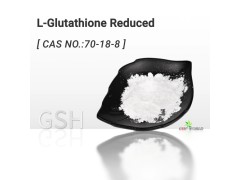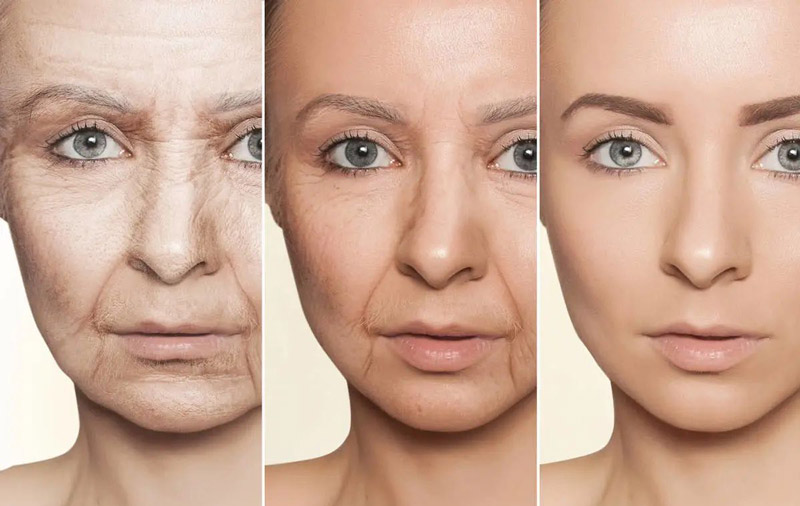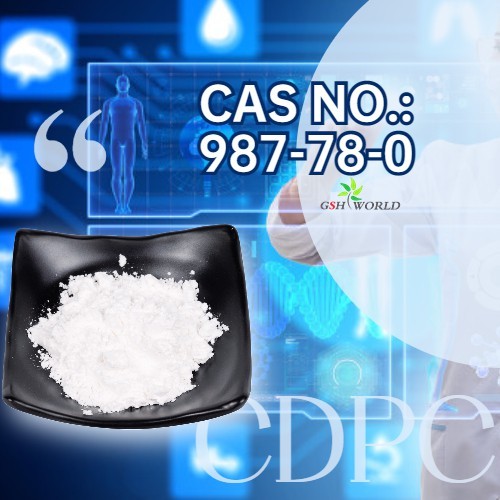The antioxidant effect of Glutathione in medicine
GSH Glutathione is a strong antioxidant in the body that has a good effect in eliminating free radicals.
It is the compound with the highest thiol number and quantity among the non protein thiol compounds contained in the body.
Sulfhydryl groups can eliminate various free radicals and participate in cellular defense mechanisms, including cell detoxification and cell damage and repair, playing a crucial role in maintaining the stability of the internal environment of the organism.
GSH can serve as a substrate for glutathione peroxidase, inhibiting lipid peroxidation, protecting cell membranes, and restoring cell function.
It can protect the activity of intracellular thiol enzymes (such as ATPase), restore the active function of thiol groups in damaged enzyme molecules, prevent protein (such as hemoglobin) denaturation caused by thiol oxidation, reduce the attack of free radicals on DNA, and thus reduce DNA damage and mutation.
GSH can provide strong protective effects against symptoms such as radiation, radioactive drugs, and decreased blood cells caused by anti-tumor drugs.
glutathione can also correct the imbalance of acetylcholine and cholinesterase, play an anti allergic role, alleviate discomfort caused by hypoxia, nausea, and liver diseases, inhibit ethanol damage to the liver and produce fatty liver, prevent skin pigmentation, improve skin gloss, improve sexual function, and treat corneal diseases.
Reduced glutathione can prevent and treat radiotherapy induced stomatitis, and can also be used after chemotherapy and tumor embolization chemotherapy to protect the liver.
GSH has good therapeutic effects on acute liver and kidney damage, even liver and kidney dysfunction.
Due to factors such as solubility, absorption efficiency, and stability, the apparent half-life of direct oral administration of glutathione ranges from 60 to 120 minutes, and GSH levels will recover to baseline levels within 4 hours. The effect on improving cellular glutathione levels is limited, but some glutathione derivatives and precursors can compensate for these shortcomings.
Reference:
Chiaradia E,Avellini L,Rueca F,et al.Physical exercise,oxidative stress and muscle damage in racehorses.Comp Biochem Physiol B Biochem Mol Biol,1998,119(4):833-836
Raghunathan VK,Ellis EM,Tettey JNA,et al.Involvement of reduced glutathione and glutathione reductase in the chronic toxicity of hexavalent chromium to monocytes in vitro.Toxicology,2007,231(2):105-10






